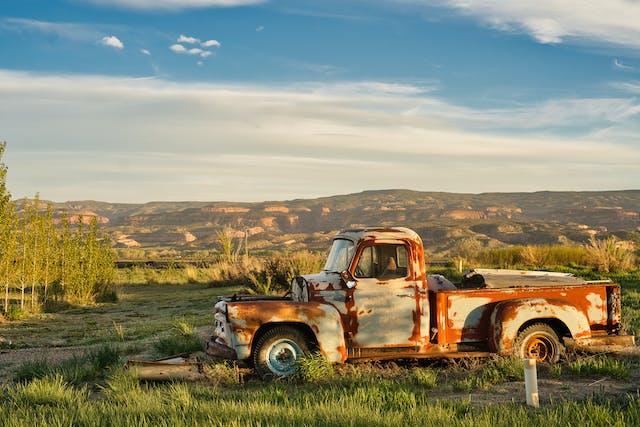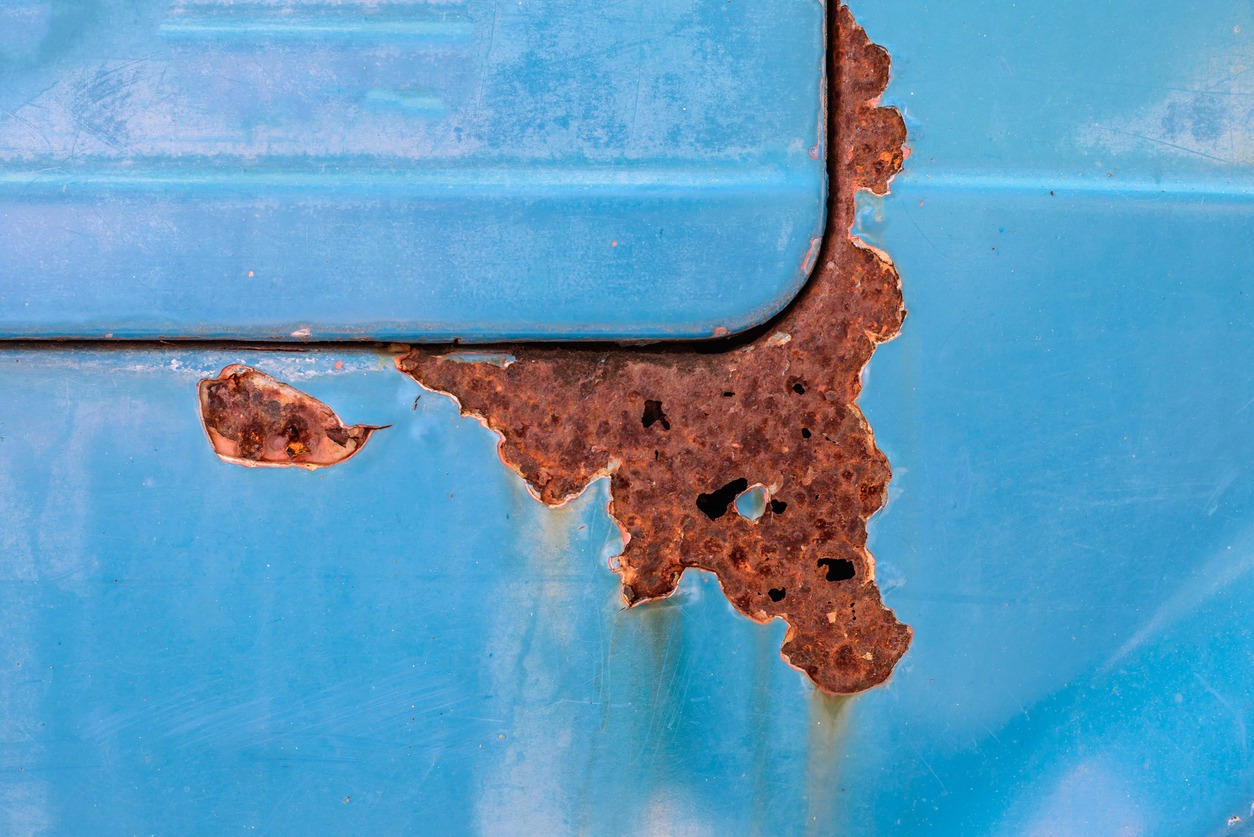Spotting rust can ruin the day of any car owner, as any of the pros at calgarypaintprotectionfilm.ca can tell you. They see firsthand vehicle owners’ panicked reactions to that first sign of rust, particularly when it is on a much-loved vehicle. This brings us to the common question of whether rust-proofing really works. We look at some facts behind these coatings, so you can decide for yourself.
Should I rust-proof my vehicle?
Some very reputable car owners’ organizations firmly report that all vehicles should be rust-proofed. In fact, they attest that you should ask how often to rust-proof, not whether you should have this coating applied, in the first place. Quality rust-proofing lasts for a minimum of two years, and you can have the coating applied any time of year.
But when you are buying a new car, you should not buy into the extra rust-proof package when the sales associate offers it. This only inflates your total cost. In fact, according to Consumer Reports, all modern vehicles are already treated in this way at the factory. Adding more when purchasing the car, truck or SUV is simply unnecessary and can cause harm. However, you should seek a supplemental rust-proof application later after owning and using your vehicle in standard operating conditions.
Does garaging my vehicle keep it from rusting?
Simply keeping your car in a garage between uses does not prevent rust. Rust is formed from three primary components. These are anodes, cathodes and electrolytes. The anodes and cathodes are inherent in the metal of your vehicle. Because water is an electrolyte, any exposure to water creates the opportunity for rust.
Although water does not typically get onto a vehicle that is kept in a garage, using your car provides enough water exposure to create rust. You drive in rain, snow or simply roll over a wet surface in the sunniest of outdoor conditions. Particularly in regions with high rainfall or snowy conditions, you cannot dodge water well enough for a garage to prevent rust formation.
Do I rust-proof when I see that first spot of rust?
Having a rust spot is not the end of your vehicle’s body quality. In fact, rust spots can be repaired. How you should treat existing rust depends on the severity of the spot and other factors. But you should not wait to get your rust stain checked by a professional for appropriate treatment. Waiting will only cost more.
Also, by the time you see rust, you are seeing a clear sign that your vehicle needs rust-proof coating. In fact, having rust prevention measures in place could have prevented the current spot. But this is one time when the old rule “better late than never” certainly applies. Get the spot of rust fixed and discuss the rust-proof material application at the same time with experienced professionals.
Can I DIY the rust-proof application?
You can certainly choose to do the rust-proof material application yourself. You can find a kit for your vehicle type, model and size at your local auto parts store or online. But you need to ensure you sufficiently treat your entire vehicle and choose the right product.
Of course, most people do not have the time or experience to adequately rust-proof their own vehicles. Having a specialist perform this service means greater peace of mind, knowing your vehicle is well protected and you did not miss any critical spots.
Does washing my car too frequently cause rust?
Washing your vehicle often will not increase your chances of rust. In fact, washing can help you prevent rusting by removing dirt and debris that holds onto water.
As you drive your vehicle on a daily basis, it picks up dirt and grime from the road. If you live in a wintry environment, road salt also builds up on your car. These materials cause rust and corrosion quickly when left on the undercarriage and other exposed parts.
Instead of avoiding washing your car in winter out of fear of moisture, you should continue washing it as you do in the summer. But concentrate on removing salt from the vulnerable underside where it can create rust problems. Also, take your vehicle to your local rust-proofing professionals for preventive care.
Are rust-proofing and undercoating the same things?
One issue that confuses many car owners is the difference between rust-proofing and undercoating.
Rust-Proofing
Rust-proofing treats the whole body of your vehicle, specifically hard-to-reach areas where rust typically forms. To provide this service, your local pros spray a specialized protective wax all over the vulnerable parts. They focus on the parts that easily chip and those where moisture typically builds up. Some of the most important areas for this treatment are the fenders, tailgate and upper body panels.
Rust-proof treatment thereby focuses on specific parts of your vehicle where you can expect rust to build up if left untreated.
Undercoating
Undercoating is a process whereby the pros spray a specialized wax or composite rubber material onto the vehicle’s underside. This creates a layer that rust does not penetrate on the undercarriage, where your vehicle is most exposed to water, salt and ice.
Undercoating protects your frame, floorboards and wheel wells, as examples. The parts you cannot see beneath your vehicle are among the most vulnerable to damage caused by daily driving, particularly rust. They are this vulnerable because the tires kick dirt, debris, salt, water and mud up from the road’s surface. These contaminants get into the smallest of nooks in the undercarriage.
So now, the question likely on your mind is whether you need rust-proof protection or an undercoating. In reality, particularly in places with wintertime precipitation, you need both. Water, dirt, salt and ice do not just build up on the underside of your vehicle, where undercoating provides protection. You can see this reality simply by driving down the street or around the block on a day with snow accumulation. Even the highest-profile SUVs have moisture and residue kicked up high on the vehicle in such conditions. Add to these contaminants rainfall, snowfall and sleet, and rust-proof application is a no-brainer, even with undercoating.

